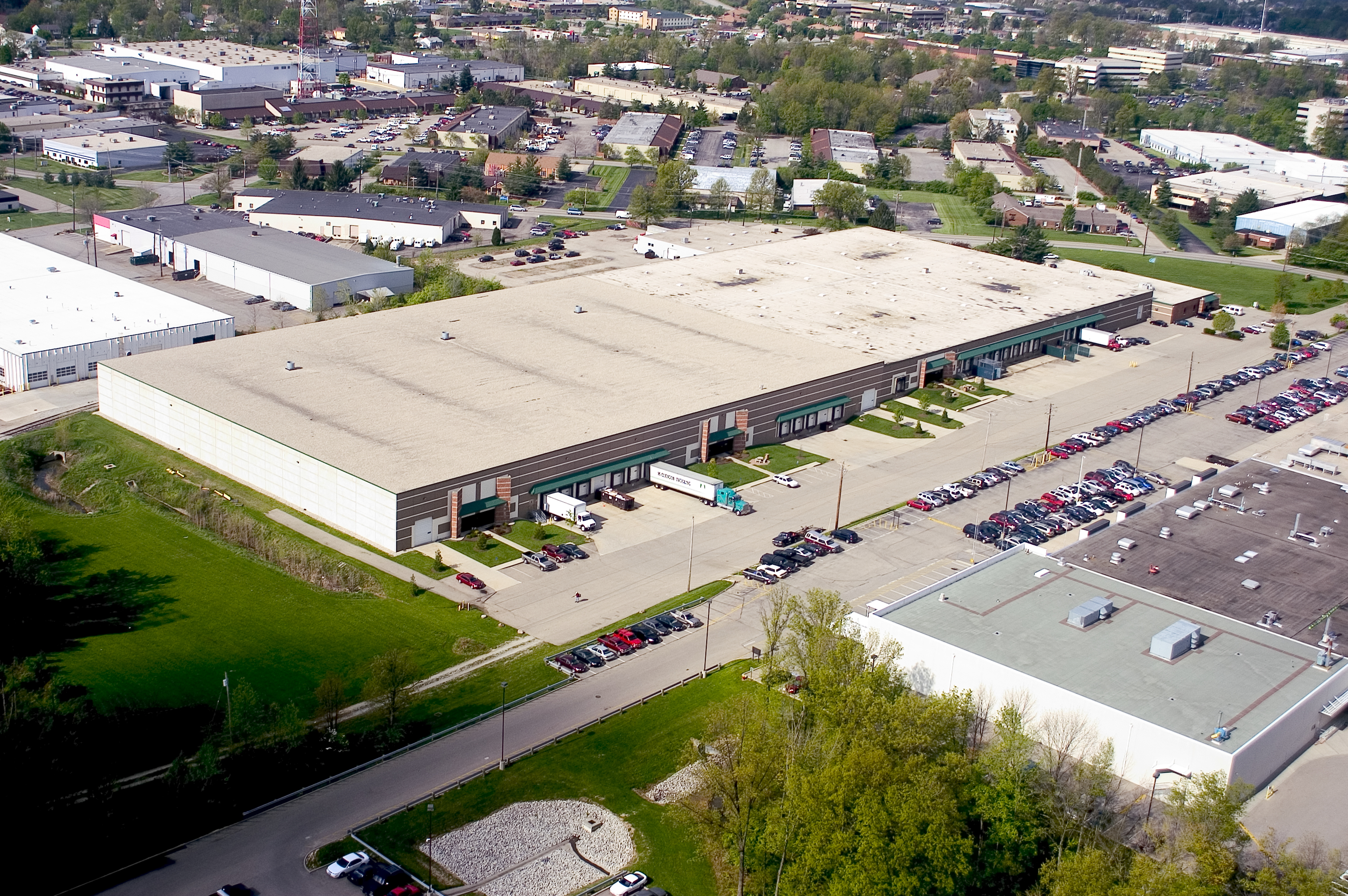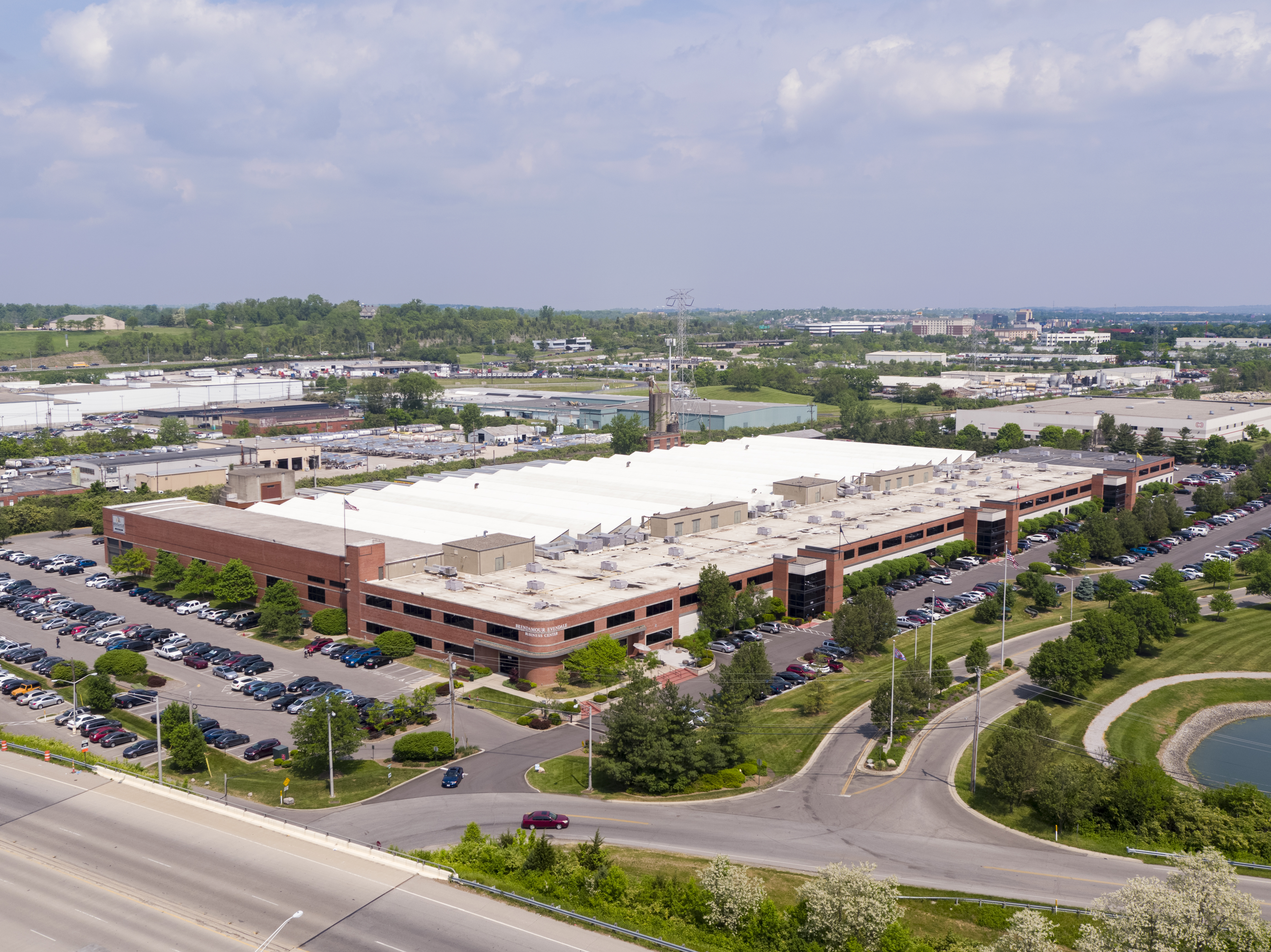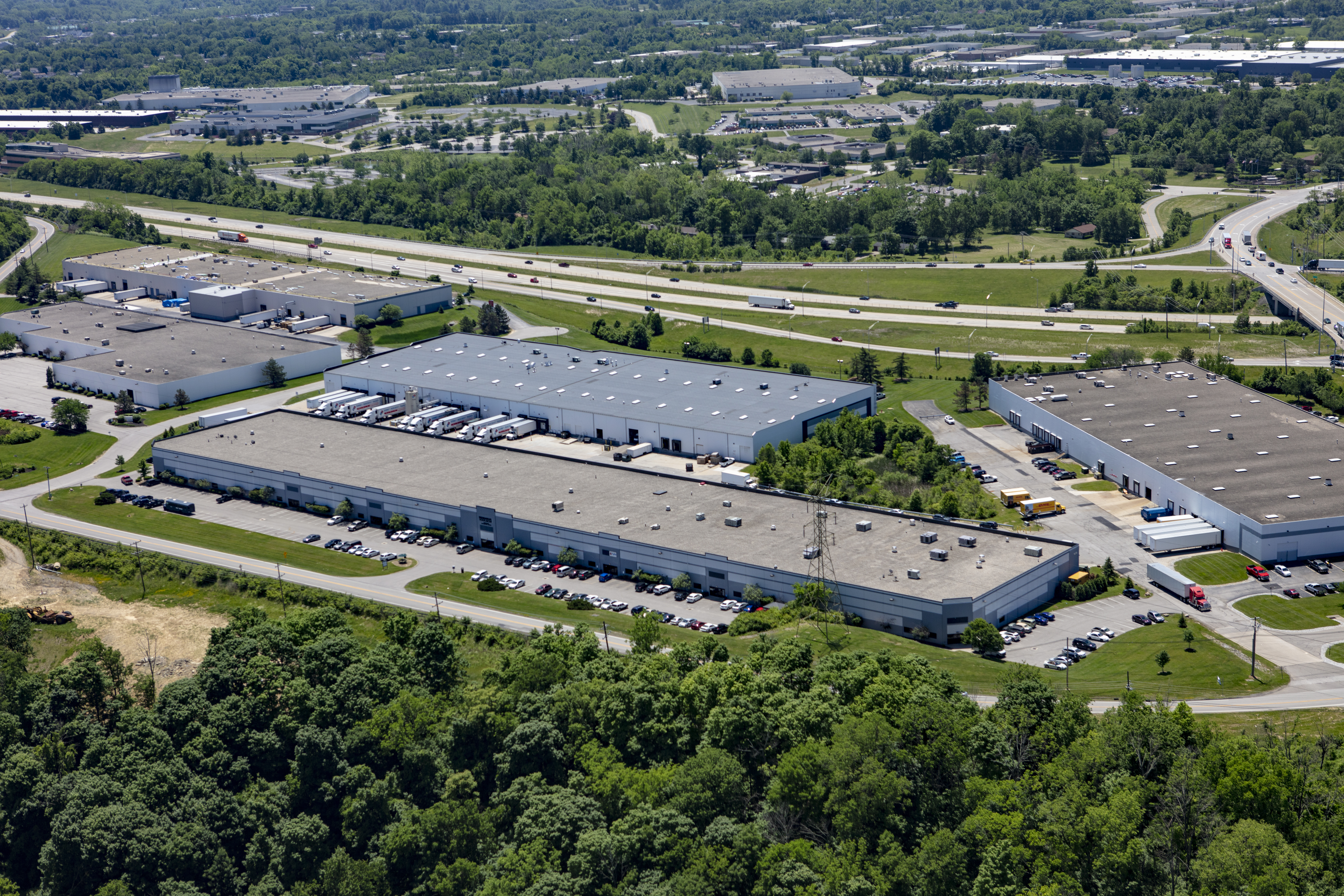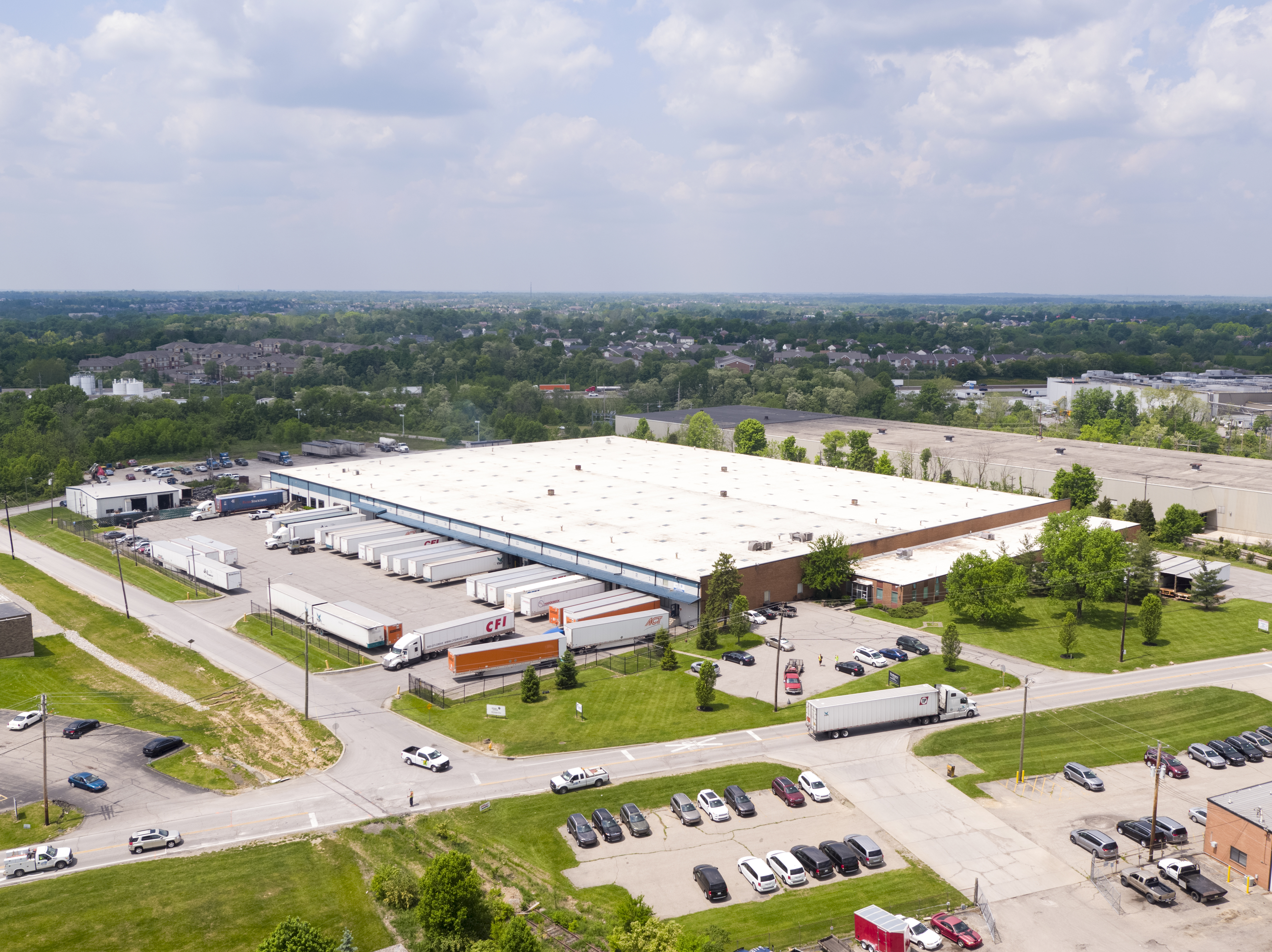CEOs are responsible for strategic decisions that drive efficiency, profitability, and growth. When evaluating logistics operations, one critical question arises: should warehousing and distribution remain in-house or be outsourced to a 3PL warehouse?
Outsourcing logistics to a 3PL provider offers cost savings, operational efficiencies, and competitive advantages. Businesses that leverage 3PL facilities can shift resources back to core functions while optimizing distribution.
Here are three key benefits CEOs should consider:
1. Optimize Resources and Reduce Costs
Successful companies should focus their resources on core competencies. Trying to handle both core and non-core functions, like logistics, can drain resources and reduce efficiency.
Outsourcing to a 3PL warehouse allows businesses to offload warehousing and distribution tasks to experts, reducing operational strain.
Consider these cost-saving factors:
- Eliminating warehouse infrastructure costs (building, equipment, utilities, insurance, and maintenance)
- Reducing labor and training expenses
- Gaining access to 3PL facilities that already have the necessary technology and security
According to the 2022 Third-Party Logistics Study, 64% of 3PL users and 86% of 3PL providers agree that outsourcing logistics significantly reduces costs. Additionally, 73% of shippers and 95% of 3PL providers report that 3PLs improve customer service. Source
2. Access Advanced Technology and Expertise
Logistics technology is rapidly evolving, and companies that fail to keep up risk losing customers to more efficient competitors. A 3PL facility offers state-of-the-art tracking, automation, and warehouse management systems that provide real-time data, reducing errors and improving fulfillment speed.
For example, if your in-house warehouse relies on outdated inventory management software, but a competitor partners with a 3PL company equipped with AI-driven demand forecasting, your competitor may outperform you in efficiency and customer satisfaction.
3. Improve Customer Satisfaction and Delivery Speed
Modern customers expect fast, accurate, and flexible delivery options. 3PL providers specialize in fulfillment operations that reduce shipping times and increase order accuracy.
By utilizing a 3PL warehouse, companies can:
- Offer faster shipping times to more regions
- Reduce order fulfillment errors
- Scale efficiently to meet demand fluctuations
With the increasing importance of last-mile delivery, CEOs must assess whether their in-house logistics can compete with outsourced fulfillment solutions. A 3PL facility near you might offer the right infrastructure to meet evolving customer expectations.
Is Your Business Losing Money by Keeping Logistics In-House?
CEOs must evaluate whether maintaining in-house logistics is still viable. With logistics costs rising and 3PL warehouse solutions providing significant benefits, outsourcing may be the best path forward.
Brendamour Warehousing, Distribution & Services provides flexible Cincinnati 3PL solutions designed to optimize logistics and reduce costs.
Contact Brendamour Today to Discuss Your 3PL Strategy
We always offer:
✅Custom warehousing solutions
✅Advanced fulfillment technology
✅Expert 3PL facility management








Leave a Reply
You must be logged in to post a comment.